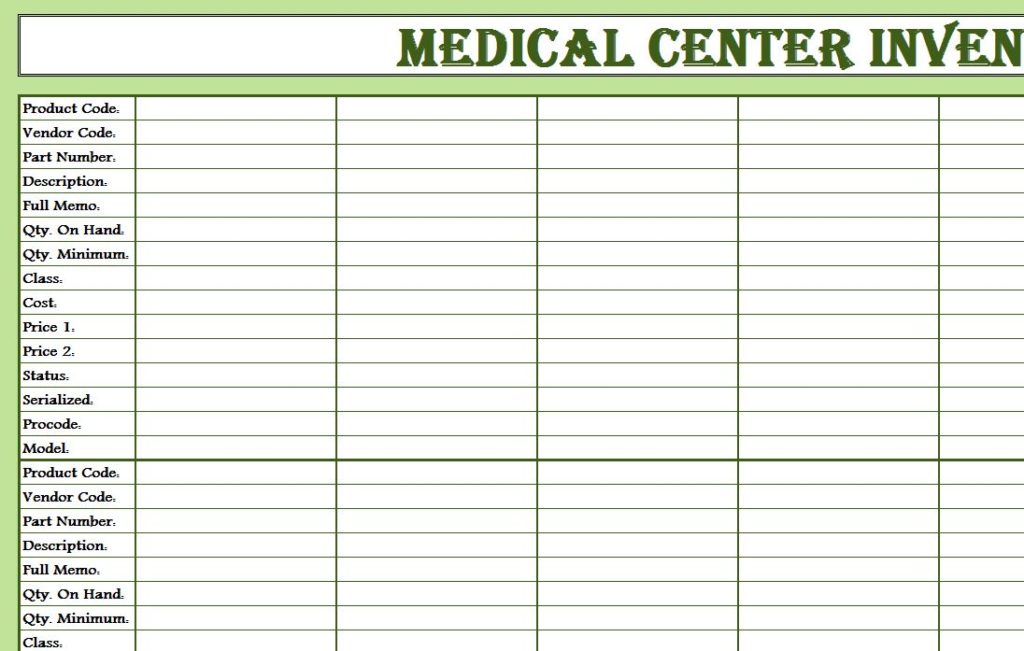How Long to Keep Bankruptcy Paperwork: Essential Tips

Embarking on a bankruptcy journey can be both daunting and relieving. While it offers a fresh financial start, the paperwork associated with the process can seem endless. A common question among individuals going through bankruptcy is, "How long should I keep bankruptcy paperwork?" This blog post aims to demystify the duration for which you should retain your bankruptcy documents, offering a guide on what to keep, how long to keep it, and why it's important to do so.
Why Retain Bankruptcy Paperwork?

Before delving into the timeline, understanding why you should keep your bankruptcy paperwork is crucial:
- Legal Obligations: You may need to produce documents for legal scrutiny or in the event of an audit.
- Credit Repair: If you aim to rebuild your credit post-bankruptcy, having accurate records can help when negotiating with creditors or correcting credit reports.
- Discharge Status: Keeping records can prove your discharge status, which is necessary if new debts arise or if there are disputes regarding debt discharge.
- Tax Implications: Bankruptcy has potential tax implications, and documents might be needed for filing taxes or addressing tax queries.
Documents to Keep

Here's a list of key documents you should retain after filing for bankruptcy:
| Document | Purpose |
|---|---|
| Petition for Bankruptcy | To verify filing date and chapters of bankruptcy |
| Notice of Bankruptcy | As an official record of your filing, informing creditors |
| Proof of Claims | From creditors detailing the amount of debt claimed |
| Discharge of Debt | To show which debts have been discharged |
| Means Test | If applicable, to demonstrate income eligibility |
| Asset and Liability Statements | To illustrate financial status at the time of filing |
| Correspondence with Trustee | Important for legal disputes or inquiries |

📝 Note: This list is not exhaustive, and you might need to keep additional documents based on your specific case details.
How Long to Keep Bankruptcy Paperwork

The duration for retaining bankruptcy paperwork can vary, but here are general guidelines:
- Official Bankruptcy Documents: Keep these indefinitely or at least until after the discharge date. If any debts are disputed or if your case involves potential fraud, retaining these for 10 years or more might be necessary.
- Correspondence and Financial Records: Retain for at least 6 years, as this is the statute of limitations for most bankruptcy-related actions.
- Documents Relating to Asset Sales or Discharge: Keep for at least 7 years, as this can help in addressing any future questions or disputes regarding asset sales or the discharge of specific debts.
- Tax Returns: These should be kept for 7 years, as they might be required for both bankruptcy and tax purposes.
🕒 Note: If you have disputes or expect fraud allegations, retaining documents for 10 to 20 years might be advisable.
Storage and Organization

Proper storage and organization of your bankruptcy documents are just as important as knowing how long to keep them:
- Digital Backup: Scan documents for easy access and to prevent physical loss. Keep backups in secure cloud storage or external hard drives.
- Physical Storage: Use fireproof, waterproof safes or boxes to keep physical copies safe.
- Label and Index: Clearly label and index documents for quick retrieval, especially if legal issues arise.
- Secure Destruction: Once the retention period has passed, ensure documents are shredded or destroyed securely to prevent identity theft.
To summarize, while there's no definitive timeline that fits all cases, a good rule of thumb is to keep bankruptcy paperwork for at least 7 to 10 years. This duration covers most statute of limitations and potential post-bankruptcy disputes. For certain documents or if you're dealing with specific issues, retaining them indefinitely or for a longer period could be beneficial. Remember, the key to navigating your bankruptcy journey effectively is not just to have the right documents but also to manage them efficiently to protect your financial future.
What happens if I can’t find my bankruptcy documents?

+
If you can’t find your bankruptcy documents, you can contact the bankruptcy court where you filed or seek assistance from your attorney to get copies. Alternatively, you can search online databases if your case is accessible electronically.
Do I need to keep my bankruptcy paperwork if my debt is discharged?

+
Yes, it’s advisable to keep your bankruptcy paperwork even after discharge. You might need these documents for credit reporting disputes, tax audits, or any future legal issues related to the discharged debts.
Can I digitize all my bankruptcy paperwork?

+
Yes, you can digitize your bankruptcy paperwork. However, ensure the files are backed up securely, and consider keeping physical copies of essential documents like the discharge of debt as a precaution.
What if I need to access my bankruptcy paperwork during the retention period?

+
Keeping your documents organized will simplify this process. If you have digitized your documents, accessing them is easier, but if you’re using physical storage, ensure they’re labeled and indexed for quick retrieval.
How long does bankruptcy stay on my credit report?

+
Bankruptcy generally remains on your credit report for 7 to 10 years, depending on the type of bankruptcy filed. Chapter 13 bankruptcy stays for 7 years, while Chapter 7 can stay for 10 years from the date of filing.



